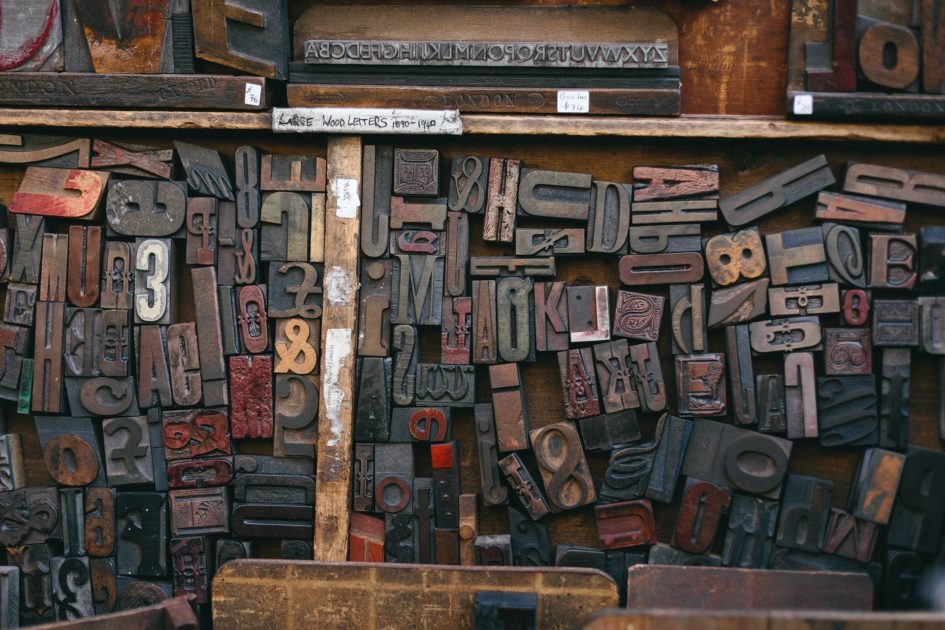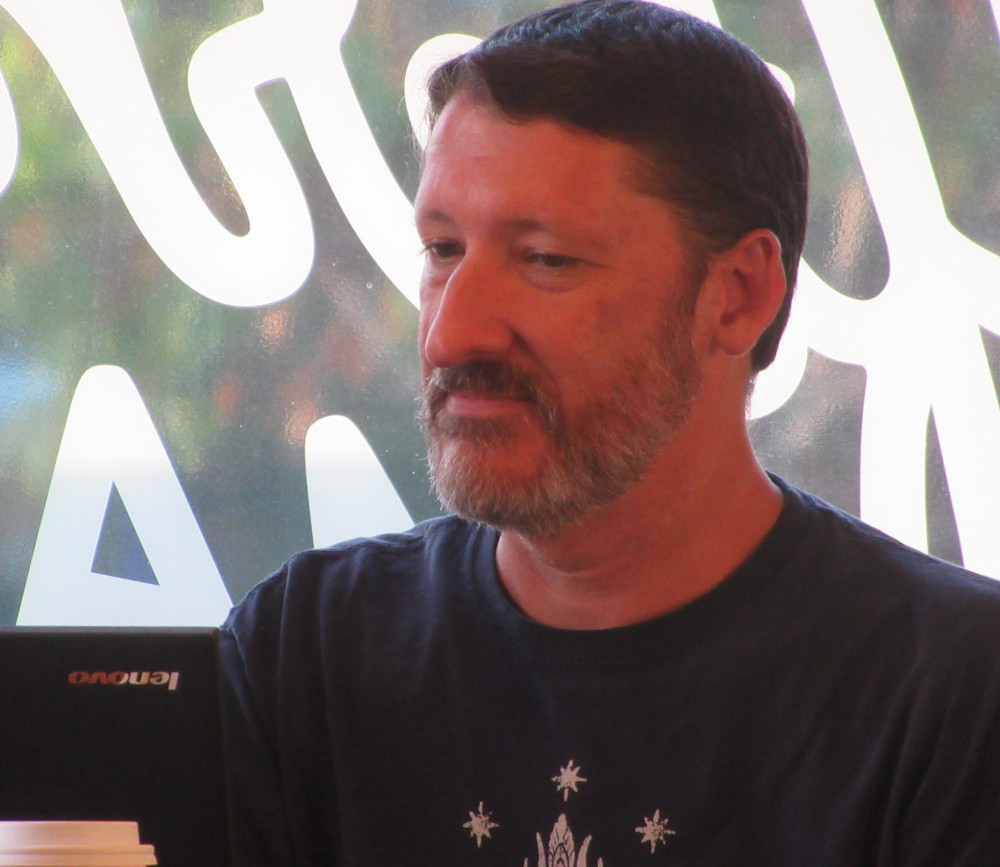I regularly encounter a variety of misconceptions about publishing quality. And rightfully so. The industry is not as easily defined as it once was. With so many words being thrown around, it can be difficult to know what anyone is actually referring to. So I’ll start with some definitions. These are by no means official. Just my own way of defining these things.
What is traditional publishing?
Traditional publishing is a business that’s been around for centuries. It includes the big name publishing houses we all know and a lot of smaller ones.
Like any other business, its primary goal is to sell products. In this case, books. Traditional publishers have a process prospective writers must go through to get their works considered. That process varies, but generally falls into 2 categories: big publishers and all the other publishers.
Big publishers get their books into bookstores, online stores and everywhere else you can imagine. Just like any other big company. It is exceptionally difficult to get published through a big publisher. Mostly because they don’t consider new authors very often. Even then, the introduction needs to come from a source they know and respect.
The rest of the traditional publishers usually have a niche. They have less money to spend on marketing, and in most cases expect the author to be able to market their book. They’re more likely to accept new authors, but success from the author’s perspective is … well … smaller.
What is indie publishing?
This definition can vary quite a bit, and there are several alternate terms. Self publishing, vanity publishing and hybrid publishing show up regularly in searches on the topic. Unfortunately, the most accurate definition of indie publishing is rather vague. Indie publishing is anything that’s not traditionally published.
Types of indie publishing
Vanity publishing
This type of publishing is just so the author can say they did it. The author pays for the package they want, uploads their manuscript and gets a book in return. Generally, this is a terrible way to publish. Unless all you want is a book you can show off to your friends and family.
Self publishing
This is my definition, but I think a lot of people would agree. This is when an author manages the entire publishing process. They hire out the cover, editing, formatting, etc. Or they do it all themselves. Hopefully not the latter, or it’s likely to suck.
Hybrid publishing
Instead of the author playing contractor, the hybrid publisher fills that role. Most of them offer an a-la-carte menu of services the author can choose from. It usually costs thousands of dollars to publish using this route. But compared to an author doing things correctly, the price may not be too far off from contracting out each individual piece.
The result
Any of these methods can result in a wonderful book or a horrible piece of crap. In fact, this is the reason indie publishing receives a lot of criticism.
Too many would-be authors think they can do it all by themselves and spend little to nothing on their publishing effort. Unfortunately, they outnumber the indie authors who spend significant time, effort and money getting it right.
Publishing quality: the big myth
I can’t tell you how many times I’ve heard someone claim that traditional publishers produce better quality books. But this is a misguided claim. It’s not really about quality. That’s the wrong question.
Traditional publishers are businesses. They do not seek quality. They seek salability. Yes, they have certain quality standards, but from an editorial perspective, these standards are not elite.
They know what they can sell. It’s that simple. If your manuscript matches their marketing engine and you don’t suck at writing, they’ll take you on.
If they’re accepting queries.
And if you know the right people or are represented by the right agent.
That’s the big catch for authors when it comes to traditional publishing. These publishers are much more likely to go back to the same author that has already proven to sell. Why? Because it works. They can make reasonable sales projections. They can satisfy their shareholders.
If you compare publishing to the food industry, it might make even more sense. Does anyone associate McDonald’s with quality? Not really. Yet it’s one of the most successful restaurants ever. Why? Because they can sell it. Because people want it.
Enter indie publishing
Writers whose works don’t fit one of the traditional molds must look elsewhere to get published. That’s where indie publishing comes in. People looking for something different can find it here.
But it’s a gamble. There is no gatekeeper, no minimum quality standards. Where the traditional publishing industry is civilization, the indie publishing industry is the wild west.
Back to the quality question
So do traditional publishers produce better quality books?
Maybe. Kinda. Sometimes. Depends on how you look at it.
Quality is about due diligence and process. Traditional publishers do this consistently. But the bar is not so high as one might think. Their focus is sales, not quality. Back to the restaurant analogy, they’re like McDonald’s or Applebee’s. Or any other mainstream restaurant people like. Good enough most people will buy it.
Indie publishers are like the one-off restaurant down the street. Maybe it’s a quirky version of McDonald’s. Maybe it’s like Applebee’s with more personality. Maybe it’s too unique to adequately describe.
Maybe it’s the best food you’ve ever had. Or maybe it sucks and regularly gives people food poisoning and nobody understands how it stays open.
In the same way, indie publishers are all over the map. But a writer or indie publisher that puts adequate effort into editing, cover design, formatting and other aspects of the process will likely produce a better quality work than traditional publishers do. Because nobody cares more about the quality of the work than the author. When the focus is quality over sales, quality is what you get.
Like an unknown restaurant, prospective readers will have to read reviews, do a little research and decide whether they want to take a chance on it.
Bottom line
Traditional publishers tend to offer a consistent level of quality. But they also aren’t incredibly likely to surprise and delight. If you like mainstream, you’ll enjoy their products.
Indie publishers are little bit like roulette. They could be a single author or a company with dozens or hundreds of employees. They could produce the best book you’ve ever read or a can’t-believe-this-is-in-print disaster.
As an author, research your market. Understand where your book fits in. Do you fit the mold of a traditional publisher? If so, that may be your best route. If not, look into indie publishing. But if you go indie, understand that the quality standard is up to you. Producing a quality book is more work than most people think.
As a reader, it comes down to what king of book you want. Are you looking for a good, mainstream book? Or are you looking for something off the beaten path?

